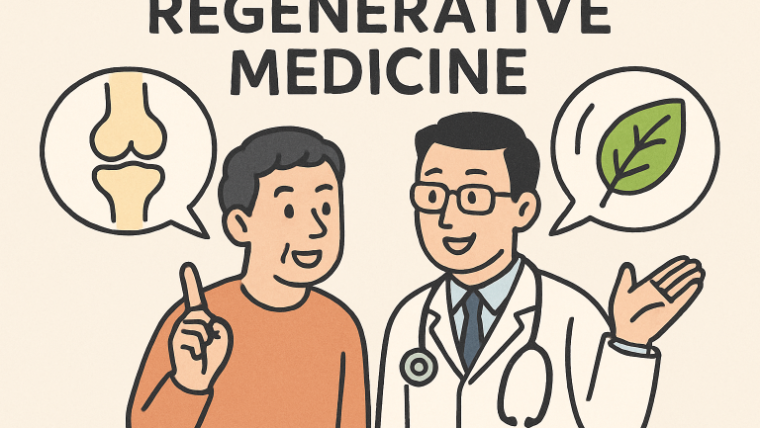Behavioral technicians are at the heart of delivering quality care to those with behavioral challenges, implementing treatment plans crafted to improve their clients’ daily lives. Their role requires a unique blend of interpersonal and technical skills. For those interested in joining this essential field, understanding how to become a behavioral technician can be the first step toward a highly rewarding career. The right mix of competencies not only ensures more effective interventions but also a more inclusive and compassionate care environment.
Mastery of these key capabilities sets apart exceptional behavioral technicians. They must be able to communicate with clarity, adapt to constantly changing circumstances, and engage with each client compassionately while keeping meticulous records. This combination of personal and professional skills empowers technicians to create real change for individuals and families in need.
As the field evolves, so does the demand for patient-centered and data-driven professionals. Understanding the pathway into this role and recognizing the skills required helps both emerging and experienced technicians stay ahead in their careers. Commitment to continued growth in these areas leads to better outcomes for clients and professional fulfillment for practitioners.
Whether you’re considering entering the field or seeking to advance in your current role, it’s important to invest in your fundamental competencies. In this article, you’ll find detailed insights into the seven essential skills every behavioral technician should develop to provide outstanding support.
Table of Contents
Effective Communication
The foundation of every successful behavioral technician is the ability to communicate clearly and compassionately with clients, their families, and multidisciplinary teams. Technicians often explain complex therapeutic concepts and strategies in a way that’s approachable and practical. Strong communication also allows technicians to deliver constructive feedback, ask the right questions, and clarify client goals. Mastering both verbal and nonverbal communication helps build trust and rapport, which can be especially critical when working with clients who face daily communication barriers. According to Psychology Today, clear communication is integral to productive therapeutic relationships, reinforcing positive engagement throughout the care process.

Empathy and Compassion
To foster an environment where clients feel understood and supported, behavioral technicians must demonstrate genuine empathy and compassion. Building rapport means taking the time to understand each client’s unique experiences, fears, and goals. Empathy allows a technician to see the world through their client’s eyes, making it easier to adjust interventions and create realistic goals. Compassion, in turn, drives a technician to support clients with patience and encouragement, even in challenging situations. By consistently showing understanding and care, technicians strengthen their therapeutic alliances, empowering clients to take an active role in their treatment plans.
Observation and Data Collection
High-quality care in behavioral health is grounded in evidence-based practice. Technicians play a crucial role in gathering the objective data that drives individualized treatment. Accurate observation and consistent data collection help to identify behavioral patterns, assess progress, and inform necessary adjustments to the intervention strategy. Familiarity with various data collection methods, ranging from digital platforms to manual techniques, is crucial. Objective records ensure that treatment plans are adapted based on actual outcomes, not on assumptions or anecdotes.
Adaptability and Problem-Solving
Every client is unique, and so are the challenges they present. Being able to adjust strategies, remain calm in unexpected situations, and develop creative solutions is essential for sustained progress and positive outcomes. Technicians often encounter roadblocks or unanticipated reactions and must pivot quickly without disrupting the flow of the session. Adaptability not only helps in managing difficult behaviors but also demonstrates to clients that their individual needs will be respected and addressed, no matter the circumstances.
Organizational Skills
From managing complex case files to keeping track of sessions, scheduling, and data entry, organizational skills are indispensable. Effective time management ensures treatment plans are implemented consistently and documentation is thorough and accurate. Well-organized technicians leave little room for error and contribute significantly to the smooth operation of client care. Prioritizing tasks, creating detailed notes, and keeping schedules synchronized are simple yet powerful ways behavioral technicians can maximize their impact.
Technological Proficiency
Technology in behavioral health continues to evolve, and so does the expectation that technicians will keep pace. Proficiency with electronic data collection systems, telehealth platforms, and client management software improves the efficiency and accuracy of service delivery. In an increasingly digital world, comfort with technology is not just an advantage but a necessity for behavioral technicians seeking to deliver the highest standard of care. Staying up to date with the latest programs and privacy protocols also ensures ethical standards are maintained.
Final Thoughts
Developing strong communication, empathy, adaptability, observation skills, and technological acumen allows behavioral technicians to make a meaningful difference in the lives of their clients. These core competencies not only support professional growth but also translate into improved client outcomes and satisfaction. By committing to ongoing personal and professional development in these key areas, technicians set themselves up for a long and rewarding career in behavioral health.


